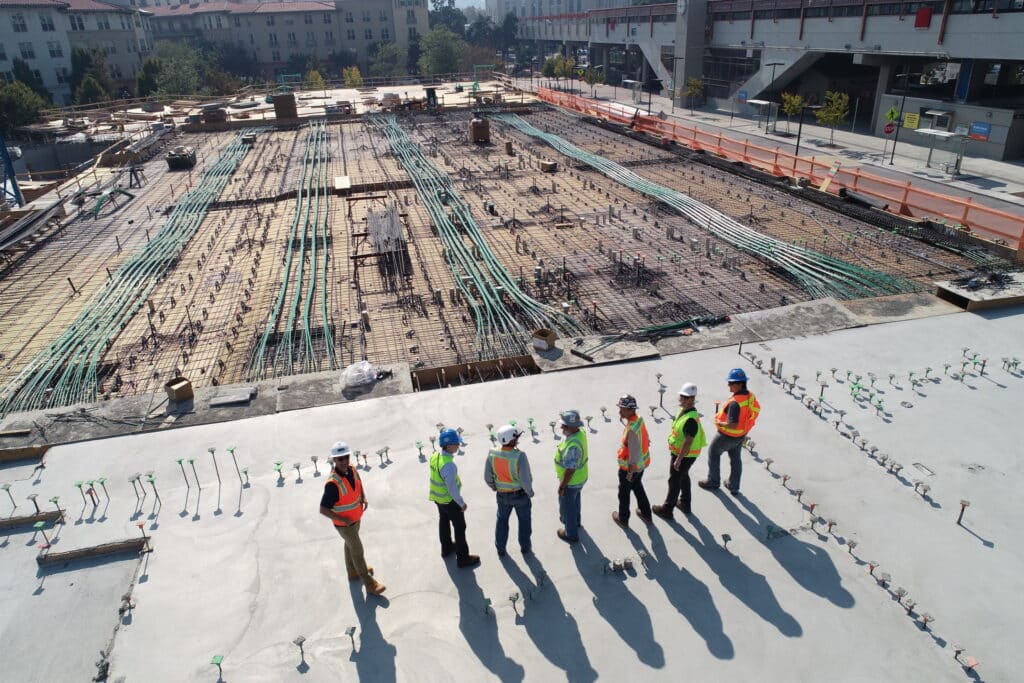
If you have construction experience or have the necessary connections in the construction industry, starting your own construction company can be profitable. You need to do your background research and find a profitable niche in the construction sector. Like any other business, starting a construction business comes with challenges, but knowing what you need to expect keeps you prepared for any obstacles. Here are seven factors that should be at the foundation of your plans.
Licenses and certification
You must obtain the necessary licenses and permits before starting your construction business. Start by visiting your local council office to enquire about the licenses you require to run a construction business. But you can also take advantage of online resources to find out about these permits. Only keep n mind that construction licensing differs from one state to another.
Be legally prepared
A good way to establish a successful construction business is to get your legal ducks in a row by being organized, efficient, and compliant with all the required laws and regulations. It is good to enlist an experienced lawyer if necessary. They can guide you into the registrations, permits, and certifications mandatory for running a construction business.
Find an official business premise.
You need to find a suitable office space that can serve as your construction company’s base. You don’t necessarily need an expensive office space. Some entrepreneurs begin in their own homes before moving to an official office location to legitimize their businesses. But you must ensure that the office space you choose has enough room to accommodate your team and should be conducive enough for clients to visit.
All in all, keep in mind that your construction company will look professional and legitimate if you have an official office location with ample space for parking and storing construction tools and equipment.
Health and safety requirements
The construction industry requires very high health and safety requirements, so you need to adhere to all the mandatory safety rules of the job. It is good to do basic research to identify the existing safety laws in your state so that you can apply them in your construction business.
You must ensure that your construction employees work under the safest conditions. Some of the basic safety requirements include construction signs, safety masks, goggles, work uniforms, and so forth. Note that if an accident happens and you didn’t implement the necessary safety requirements, employees can sue your company, which is detrimental to your business.
Get the appropriate construction equipment and tools.
There is a wide range of equipment needed in running a construction business. That is why you need to have more than enough capital when launching a construction business, or else you have to keep on hiring equipment which can be costly in the long run. Some of the essential construction equipment you need include a wheelbarrow, ladders, saws, excavators, etc. It is best to look for quality equipment to avoid frustrations during construction.
Insurance cover
Accidents are prone to happen in the construction workplace, even when unintended. So ensure you have a good insurance cover before your workers embark on any construction job. Research to find out which insurance covers exist for construction businesses and get the best. You also need to ensure that your workers are well trained and skilled in handling the various construction equipment to prevent workplace accidents.
Tax requirements
Depending on the size of your construction company, you may need to hire an accountant to stay ahead of your tax requirements. Audits may not be common in the construction business, but you must ensure your books are in order whenever that happens. You must meet your construction business tax requirements if you want your business to be successful.
Final words
Network with as many specialists as you can in the construction sector, from suppliers to contractors, to help your construction business thrive. Focus on establishing good relationships with industry professionals, including building inspectors, for the good of your construction company.
